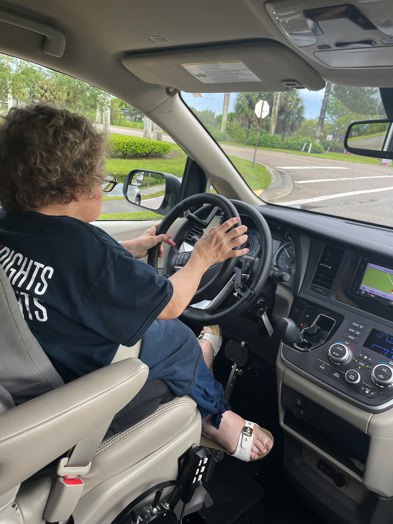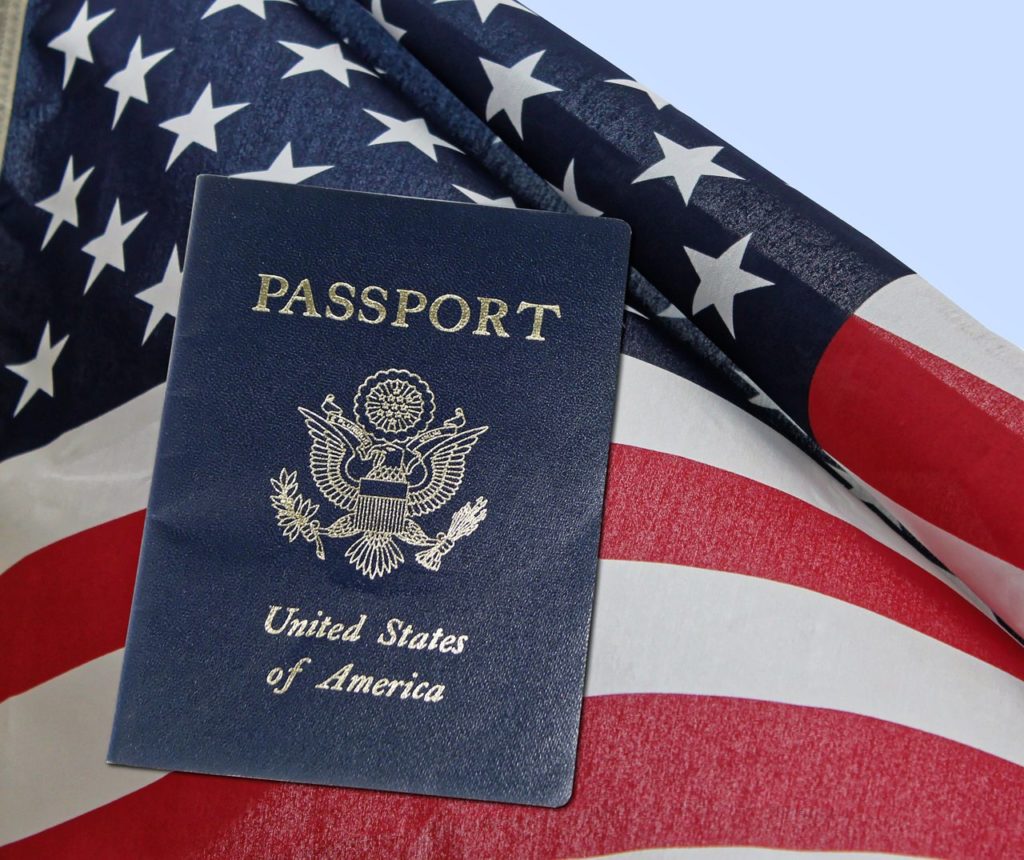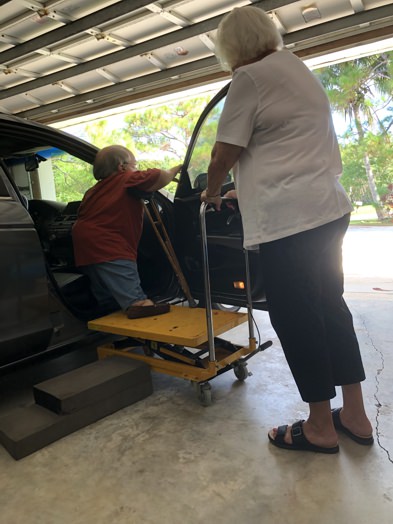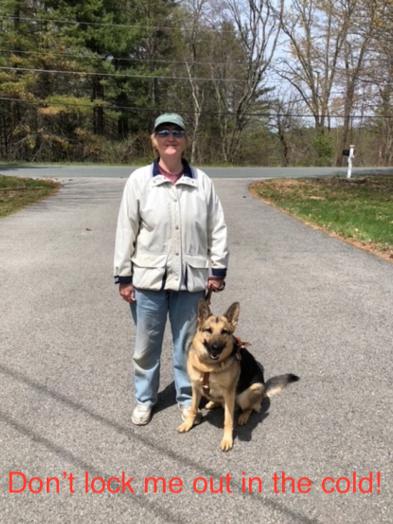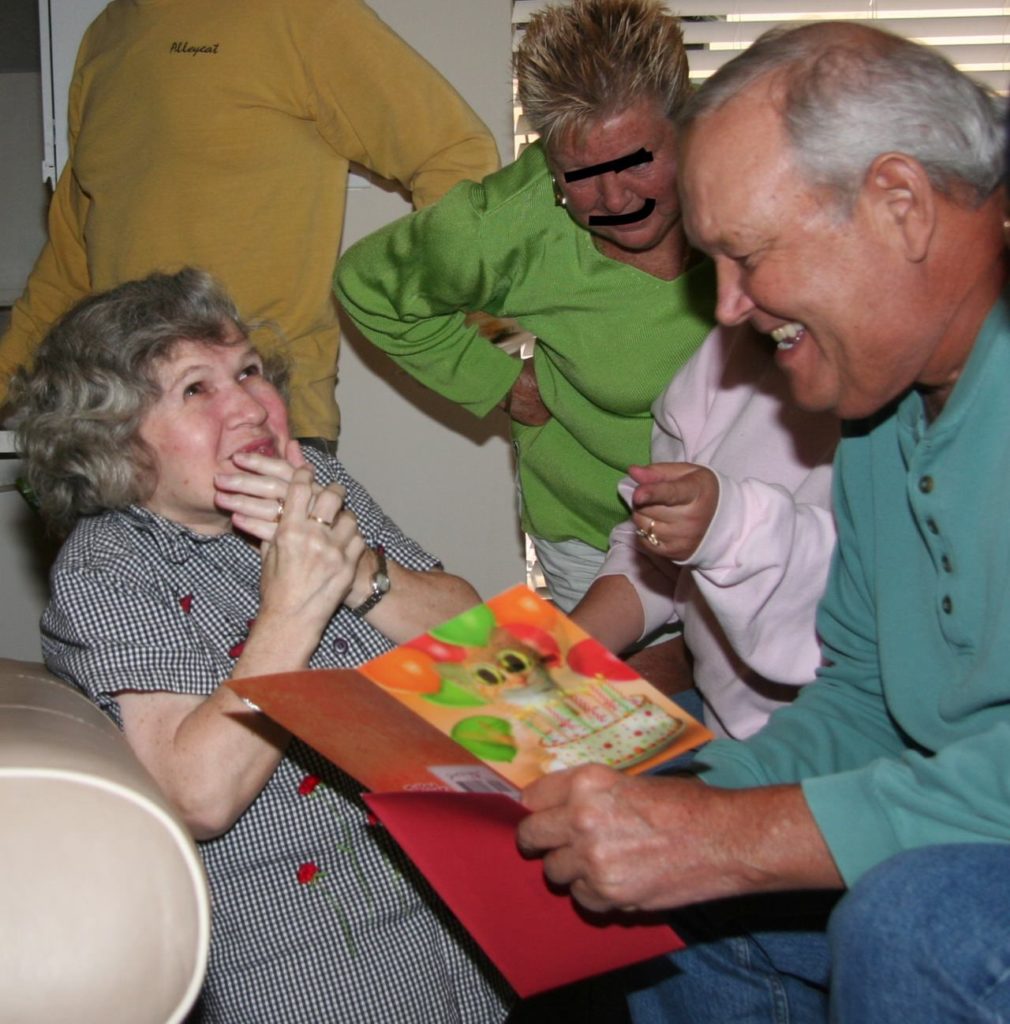
Wheelchairs and scooters are not baggage; they are like legs to those whose mobility depend on them.
Yet over 20,000 wheelchairs were reported lost, damaged or destroyed since December 2018, the first month airlines were required to report numbers to the U.S. Department of Transportation (DOT). This represents nearly 1.5 percent of mobility devices loaded as cargo and, in January 2022, was double that of baggage! This breaks down to about 29 a day.
Want to subscribe to receive blog updates sign up today!
And according to the Paralyzed Veterans of America September 2022 survey, almost 70% of those traveling with a wheelchair or scooter have had their device damaged. Although the Airline Passengers with Disabilities Bill of Rights, published in July 26, 2022, mandates that the airline compensate up to the original purchase price of the wheelchair or device, this falls far short of redressing the hardship experienced by device users.
Wheelchairs are not bought off the store shelf; they are customized to fit the user’s body and medical needs.
As one disability advocate explained, “You can’t just say, ‘The chairs’ broken, here’s another chair.’” A loaner wheelchair or scooter will lack the custom features needed to maintain health and safety. In a most egregious case, Engracia Figueroa, an amputee with a spinal cord injury died from a severe infection of a pressure sore that developed when she was using an airline loaner after they totaled her power wheelchair.
Repairs to damaged wheelchairs often take weeks or months to complete. The process involves an evaluation, a prescription, insurance approval, ordering parts, and making the repairs. In the meantime, the user loses mobility, independence, possibly the purpose of their trip, and maybe the ability to go to work or play their sport.
Wheelchairs are not simple technology; they are sophisticated, fragile, and should be handled with care.
Airlines often choke when asked to pay the original purchase price of the wheelchair or scooter. Some airlines have responded to passenger complaints about damages with low ball offers like 5,000 travel miles or monetary compensation of $125. In Figueroa’s case, it took months of fighting before the airline agreed to pay the $30,000 needed to replace her wheelchair. And yes, high tech power wheelchairs can cost more than some cars.
Under the ACAA passengers can’t bring private legal action against offending airlines. They’re limited to filing complaints with the airlines and the DOT. But only three times since 2018 has the DOT exercised its’ authority to fine an airline for ACAA violations, despite receiving about 30,000 disability-related complaints annually.
So on October 2nd let’s give the ACAA a 36th birthday to remember. Let’s jump start the Air Carrier Access Amendments Act of 2021 (H.R. 1696/S. 642) introduced by U.S. Senator Tammy Baldwin and U.S. Representative Jim Langevin, on March 9, 2021. Among other things, the bill increases penalties for damaged wheelchairs or mobility aids, gives air travelers the right to sue in court for damages, and requires better stowage options for assistive devices.
Please contact your representative today and ask for their support.
You may also like to read:
- “The ACAA Survey Results: Air Travel Experience of Passengers with Disabilities.” September 2022. Paralyzed Veterans of America. https://pva.org/wp-content/uploads/2022/09/2022-ACAA-Survey-Results-FINAL.pdf
- “Airline Passengers with Disabilities Bill of Rights.” July 2022. United States Department of Transportation. https://www.transportation.gov/sites/dot.gov/files/2022-07/508_Airline_Passengers_with_Disabilities_Bill_of_Rights_07132022_ADA.pdf
- H.R.1696 – Air Carrier Access Amendments Act of 2021. 117th Congress (2021-2022). https://www.congress.gov/bill/117th-congress/house-bill/1696?s=1&r=47
For a subscription to my weekly blog on dwarfism and disability issues, go to https://angelamuirvanetten.com/blog/.

